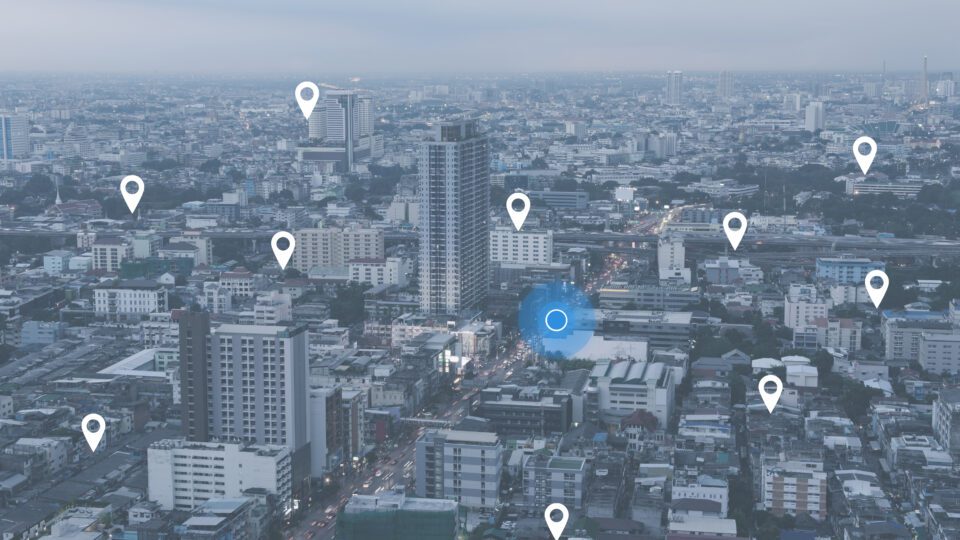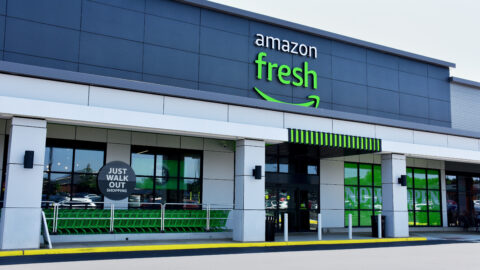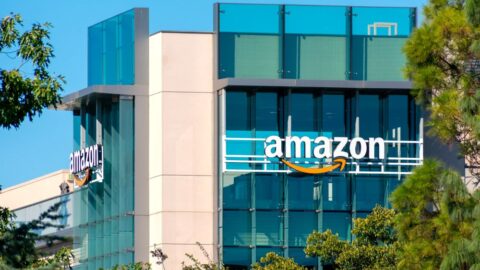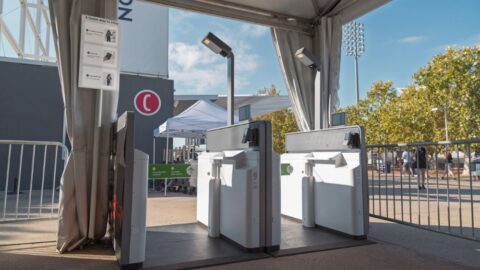Amazon Web Services (AWS), Meta, Microsoft and mapping and location solution TomTom are the founding members of a new collaborative effort to develop a set of shared, open and interoperable map data in order “to create a living digital record of the physical world.”
Some might argue that record already exists in the form of Google Maps, but that is largely the point of the new initiative — to take control of this important tool (used by billions of businesses and consumers every day for a multitude of purposes) out of the hands of one and into the hands of many.
Called the Overture Maps Foundation, the initiative was organized by The Linux Foundation, a global nonprofit that works to enable innovation through open source solutions. Overture’s goal is to expand membership beyond the four founding companies and gather contributions from a wide range of inputs — including projects such as OpenStreetMap, city planning departments and map data contributed by members — to enable the development of a range of independent mapping services around the world.
“Mapping the physical environment and every community in the world, even as they grow and change, is a massively complex challenge that no one organization can manage,” said Jim Zemlin, Executive Director at The Linux Foundation in a statement. “Industry needs to come together to do this for the benefit of all. We are excited to facilitate this open collaboration among leading technology companies to develop high-quality, open map data that will enable untold innovations for the benefit of people, companies and communities.”
Map data today underlie thousands of applications critical to retail, including local search and discovery, routing and navigation, logistics, mobility, autonomous driving and data visualization. In the future, map services also will increasingly power augmented reality applications by helping merge the digital and physical worlds to deliver rich social, gaming, education and shopping experiences.
Those AR and VR applications are almost certainly what appeals to Meta, which has staked its future on the world of Web3 and the metaverse. “Immersive experiences, which understand and blend into your physical environment, are critical to the embodied internet of the future,” said Jan Erik Solem, Engineering Director of Maps at Meta in a statement. “By delivering interoperable, open map data, Overture provides the foundation for an open metaverse built by creators, developers and businesses alike.”
Bringing Together Disparate Mapping Resources
Today, developers looking to create map-based services face a number of challenges as they try to gather high-quality, current and comprehensive data from disparate sources. Members of the Overture initiative will combine resources to build map data that is complete, accurate and refreshed as the physical world changes. That data will be available to all under an open data license.
The initiative marks an unexpected alliance between AWS and Microsoft, which are fierce competitors in the cloud computing space. While AWS currently holds the largest market share at 35%, Microsoft’s Azure isn’t far behind, at 21%. Any guesses on who is No. 3? That’s right, Google Cloud at 11% market share.
“Map data plays an increasingly important role both internally and for our customers across AWS,” said Michael Kopenec, General Manager for AWS Geospatial in a statement. “However, maintaining accurate and comprehensive map data is cost prohibitive and complex, which can put it out of reach for many customers and stifle innovation. Through Overture, we are facilitating greater cooperation across the industry to make comprehensive, high-quality map data available to more end users. This will allow everyone to take advantage of the same underlying data to power a wide range of established and emerging mapping use cases across industries.”
“Microsoft is committed to closing the data divide and helping organizations of all sizes to realize the benefits of data as well as the new technologies it powers, including geospatial data,” added Russell Dicker, Corporate VP of Product, Maps and Local at Microsoft in statement. “Current and next-generation map products require open map data, built using AI, that’s reliable, easy to use and interoperable.”
Other companies that join the initiative will have the benefit of being able to influence “prioritization and decisions around investments, technical innovation and timing.” Overture expects to release its first datasets in the first half of 2023, which will include basic layers such as buildings, road and administrative information. Those datasets will then be steadily improved over time to enhance coverage, resolution and accuracy, as well as introduce new layers such as places, routing and 3D building data.













